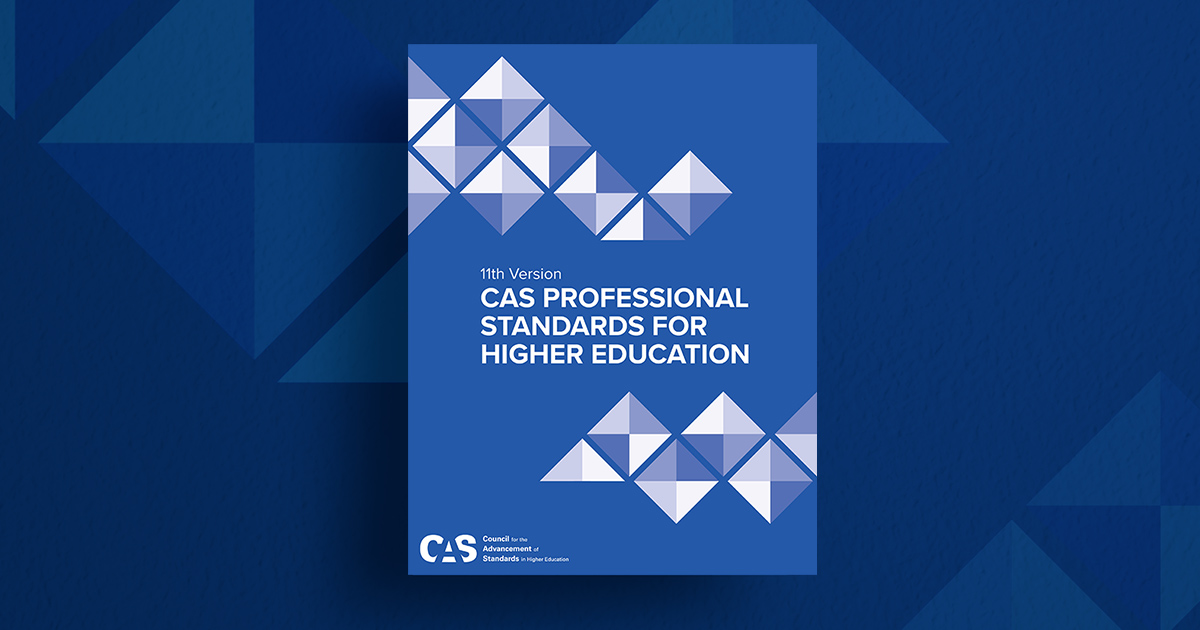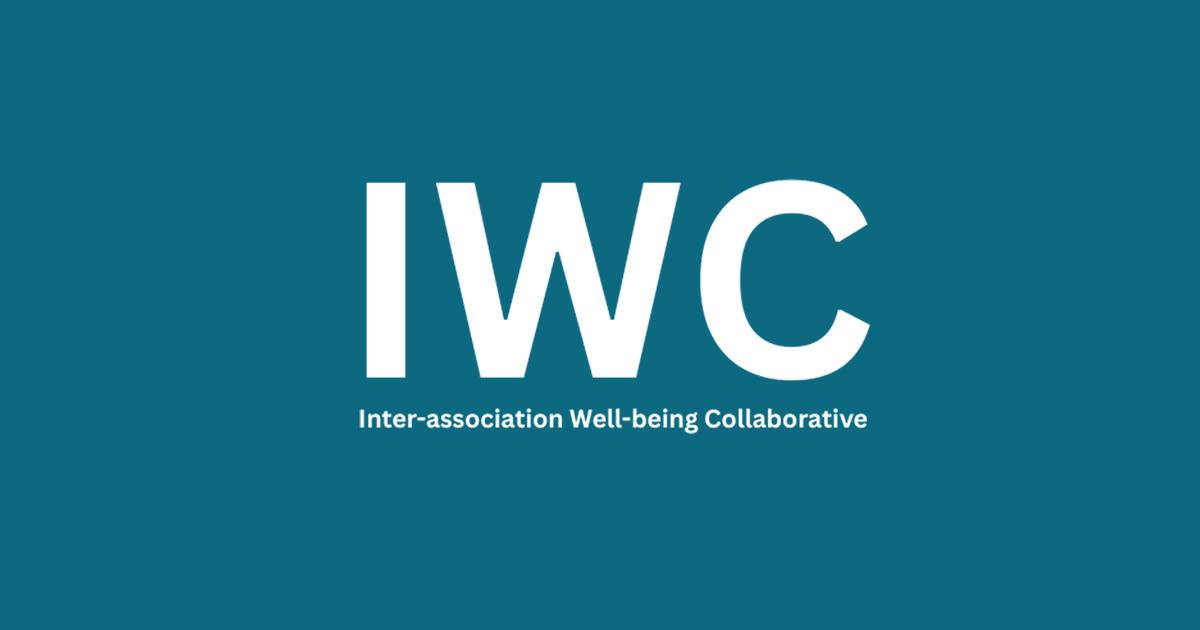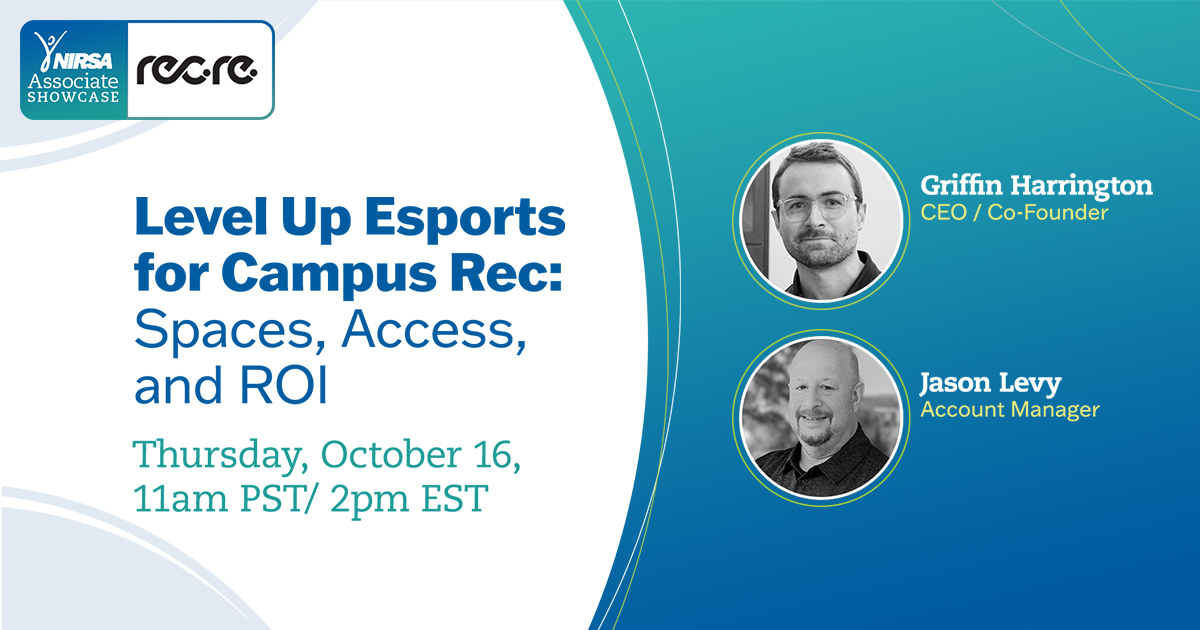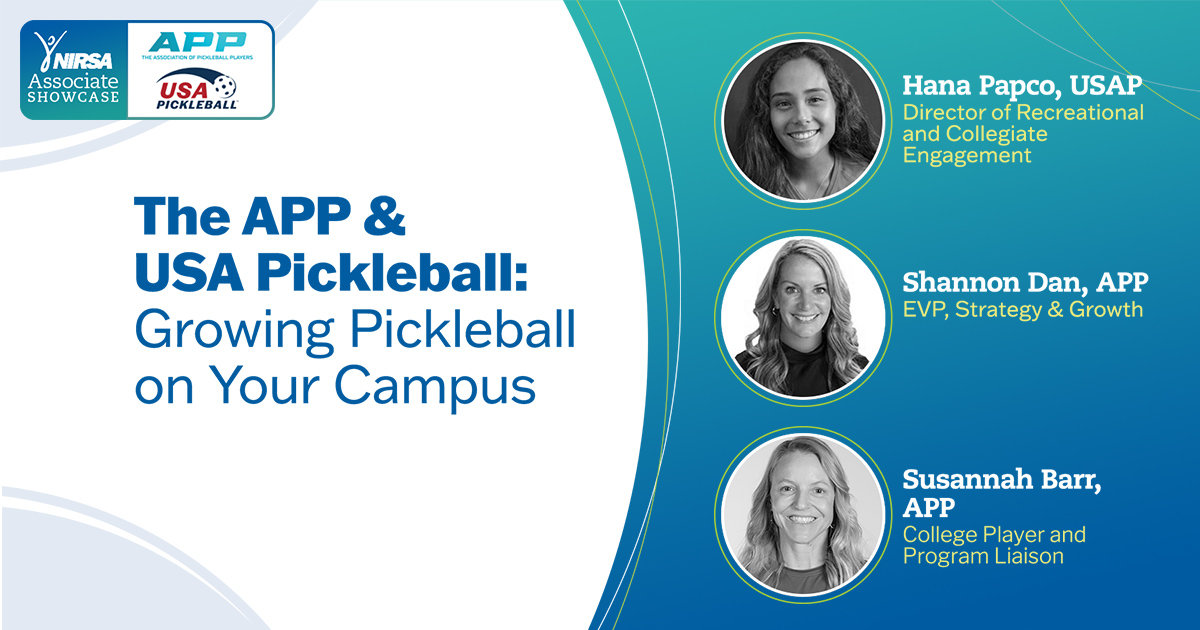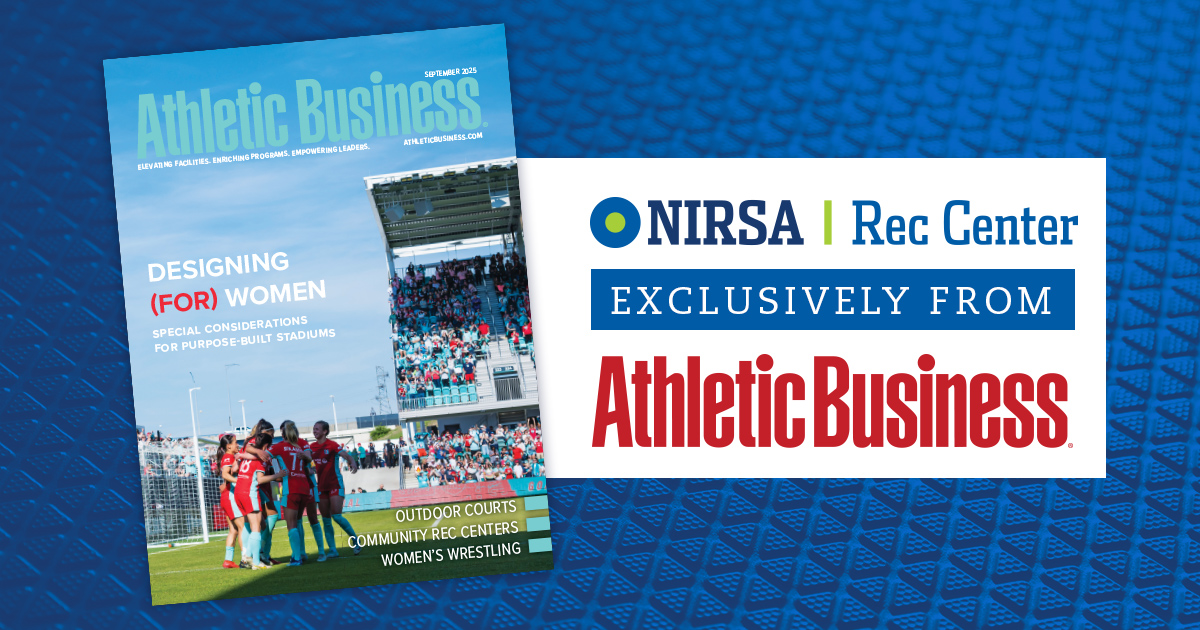Extra, extra, read how the wild west (a.k.a. today’s collegiate esports landscape) was won! The Council for Advancement of Standards in Higher Education (CAS) and NIRSA recently announced the creation of the new Esports Programs standards.
Esports Programs marks the 51st set of such standards for CAS and makes NIRSA the first association to charge two sets of standards (Esports Programs and Collegiate Recreation).
CAS is a consortium of 43 member associations focused on promoting the use of professional standards for the development, assessment, and improvement of quality student learning, programs, and services. Commonly, the CAS standards have been used for program evaluations, staff development, strategic planning and the promotion and creation of new programs and services.
New Esports Programs standards
The Esports Programs standards have been built through a collaborative process including more than 30 experts across various institution types, demographics, geographic regions and backgrounds. While NIRSA served as the charging association, the standards were written to benefit diverse organizational structures, including for esports programs whose oversight comes from a number of stakeholders including, athletics, student activities, unions, and collegiate recreation programs.
Serving on the committee as a NIRSA volunteer, I had the great pleasure of working alongside a large team of experts committed to improving the quality and impact of collegiate esports programs. Through lengthy reviews and spirited discussions many important themes and topics emerged. None more foundational than the consensus that while all esports is gaming, not all gaming is esports. As such, the standards were crafted broadly to allow space for both the most competitive esports programs, as well as the recreational, intramural, and less formal aspects of esports programs.
The Esports Programs standards employ general standards language present throughout all 51 CAS Standards, and guidelines specific to the administration and oversight of an esports program. NIRSA members have access to the full set of Esports Programs standards, along with the full set of revised Collegiate Recreation Standards through NIRSA Learning (current members must be logged into your NIRSA account to see the FREE pricing and access the download option).
Why these standards matter
Topics discussed in the Esports Programs standards include the mission of esports to advance student learning and wellbeing through inclusive offerings; staffing models and training of professional staff; partnering with institutional stakeholders; logistics concerning prize money, recruitment, and gaming titles; as well as equipment replacement plans and facility operations.
The standards serve as a guide to ensure programs are aligning with best practices. However, the standards do not provide overly formal rules and regulations for the industry as a whole. To take the work further, the standards also include a contextual statement and self-assessment guide (SAG). The contextual statement provides a primer to the world of esports for anyone who might be unfamiliar with the activity; it describes the history, relevant topics to the industry, and future considerations for the field. The SAG serves as a practical tool to aid in evaluation of programs and the adoption of standards.
So, whether you are looking to evaluate an existing program, or advocate for the creation of a new one, the Esports Programs standards can serve as a valuable tool to help increase efficiency and improve the impact of your esports efforts. The standards can be used in part or as a whole to guide efforts and reflect on current programming. The number of collegiate esports programs is greatly increasing and keeping student development at the center of those efforts is incredibly important. The role of the standards, rooted in a pre-validated student learning and development framework will help ensure those efforts have the desired impact.
- For more information, contact NIRSA Director of Membership and Leadership, Sarah Leskovec.
Jason Vlastaras is currently the Associate Director of Student Success at Iowa State University. He serves as Chair of the NIRSA Research & Assessment Committee.
Dr. Jacob Eubank, EdD is currently Assistant Professor - Recreation Education & Therapy at Lehman College of City University of New York (CUNY). You can email him at jacob.eubank@lehman.cuny.edu.


